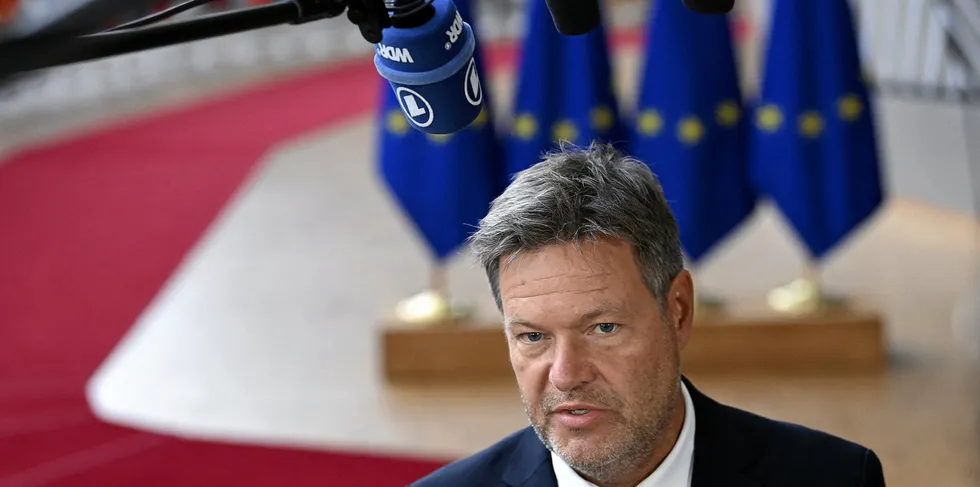'Renewables booster' | EU unblocks emergency measures to speed green project permits
Energy ministers give final OK to giving developments 'overriding public interest' status and limiting consenting times

Energy ministers give final OK to giving developments 'overriding public interest' status and limiting consenting times
